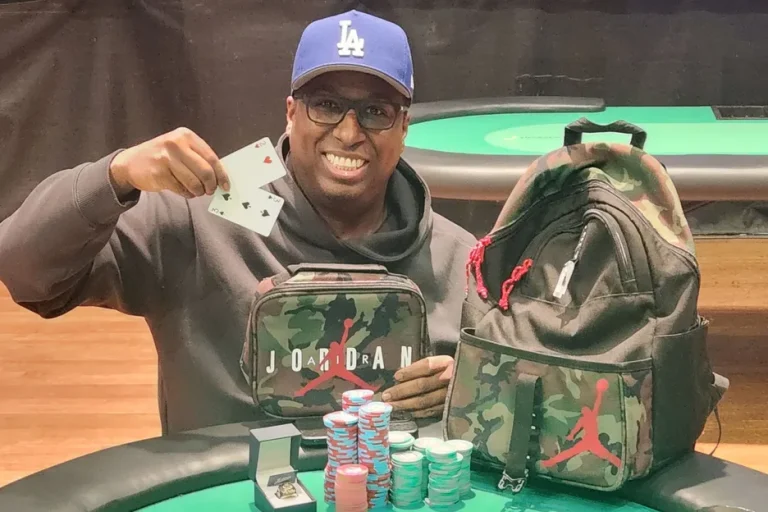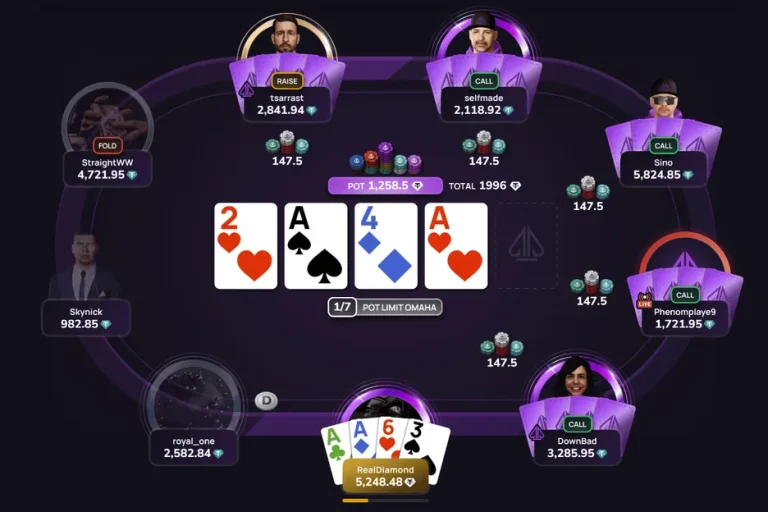Anaconda, a lesser-known yet highly strategic variation of poker, is a game that rewards patience, adaptability, and mental sharpness. Played with multiple cards and involving multiple passes between players, it demands a unique approach—one that blends traditional poker knowledge with forward-thinking and psychological resilience. Building a winning mindset for Anaconda requires more than just knowing the rules; it involves embracing uncertainty, staying composed, and making calculated decisions at every turn.
Embrace the Complexity of the Game
Unlike standard poker variants, Anaconda involves several phases where players pass cards to one another before the final betting round. This mechanic introduces layers of complexity, as your hand changes multiple times before play even begins.
To succeed in this environment, a strong mindset begins with embracing the chaos. Treat each pass as an opportunity rather than a setback. Skilled players don’t panic when handed weak cards—they observe, adapt, and anticipate how the hand might evolve. This mental flexibility separates confident players from reactive ones.
Stay Focused on Long-Term Value
Anaconda isn’t about instant gratification. In a game filled with uncertainty and shifting hands, it’s easy to become results-oriented—celebrating short-term wins or dwelling on bad beats. A winning mindset requires long-term thinking.
Rather than chasing flashy plays or emotional calls, successful players remain focused on strategy over several rounds. They evaluate trends at the table, track which cards are commonly passed, and build patterns around opponents’ habits. This form of disciplined observation is a mental edge that pays off over time.
Maintain Emotional Stability
One of the biggest challenges in Anaconda is the emotional rollercoaster that comes with watching your hand change—often for the worse. Players may feel frustrated when strong starting cards are diluted or if they receive consistently poor passes from others.
Winning players cultivate emotional discipline. They don’t tilt or overreact. Instead, they stay grounded, focus on the probabilities, and adjust calmly. Breathing exercises, mental resets between hands, or using humor to diffuse tension can all contribute to maintaining emotional control.
Adaptation Over Rigidity
Rigidity is the enemy of success in Anaconda. Each round requires players to rethink their position based on new information. A player who clings to their original hand evaluation will often find themselves outplayed by those willing to adapt.
The winning mindset embraces change. Top players train themselves to remain fluid in decision-making, adjusting their strategy based on both visible cards and betting behavior. Flexibility doesn’t mean randomness—it means having the mental agility to reassess your plan without ego.
Develop Card Awareness and Memory
Anaconda rewards players who can remember which cards have been passed, which suits are abundant or lacking, and how players are shaping their hands. Training your mind to track card movement across the table builds an edge that few casual players develop.
This mental skill can be improved through daily practice, such as replaying hand histories, studying suit distributions, or playing online Anaconda variants with review features. Mastering memory and awareness will sharpen your reads and help anticipate opponent behavior more accurately.
Cultivate Patience and Selectivity
The fast pace of many poker games often encourages aggressive tactics, but Anaconda calls for a more measured approach. Since hands evolve over time, patience becomes a central component of success. Knowing when to fold early or hold back on betting takes strong self-control and confidence in your decision-making.
Winning players are selective about their investments. They resist the urge to bluff in every round or chase marginal outcomes. They wait for strong opportunities and commit when the odds and reads align.
FAQ
Is bluffing a viable strategy in Anaconda games?
Yes, but with caution. Bluffing can work in Anaconda, especially when you sense weakness or can read player tendencies. However, due to the game’s complexity, it’s more effective when used selectively.
How important is memory in Anaconda poker?
Very important. Being able to remember which cards were passed and estimate possible hands gives you a strong advantage in predicting outcomes and making informed bets.
What’s the biggest mental mistake new players make in Anaconda?
New players often get too attached to their starting hand and struggle to adapt as it changes. The key is to stay flexible, let go of expectations, and think critically with each new pass.


